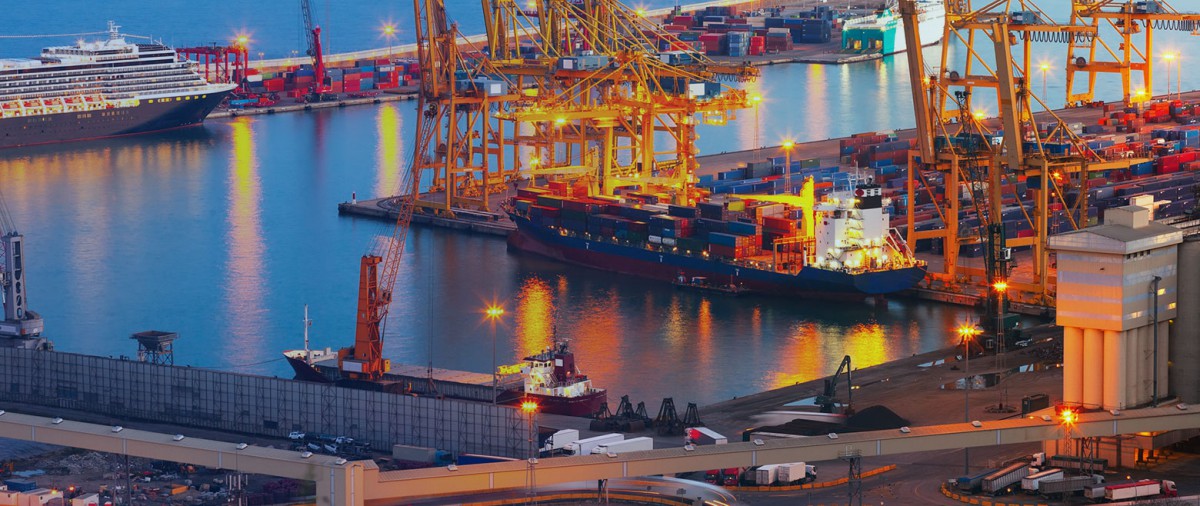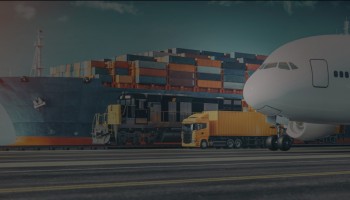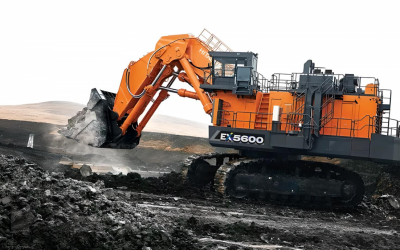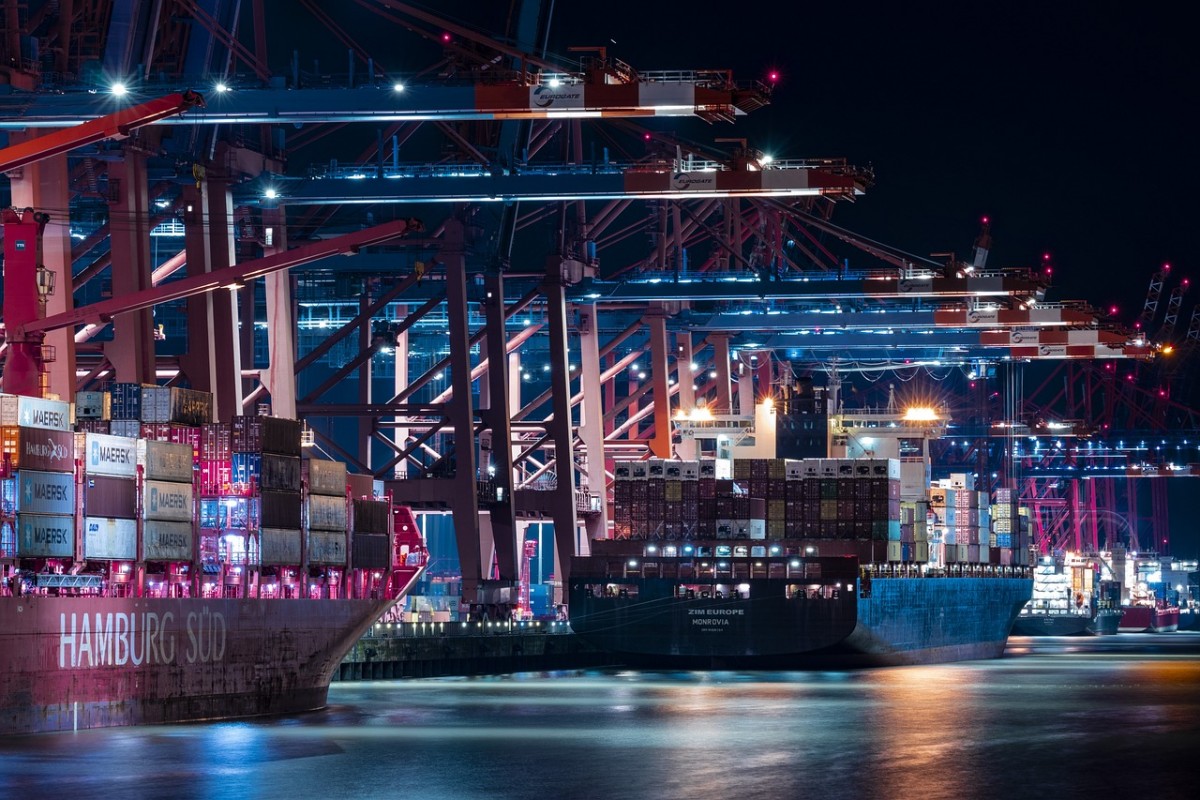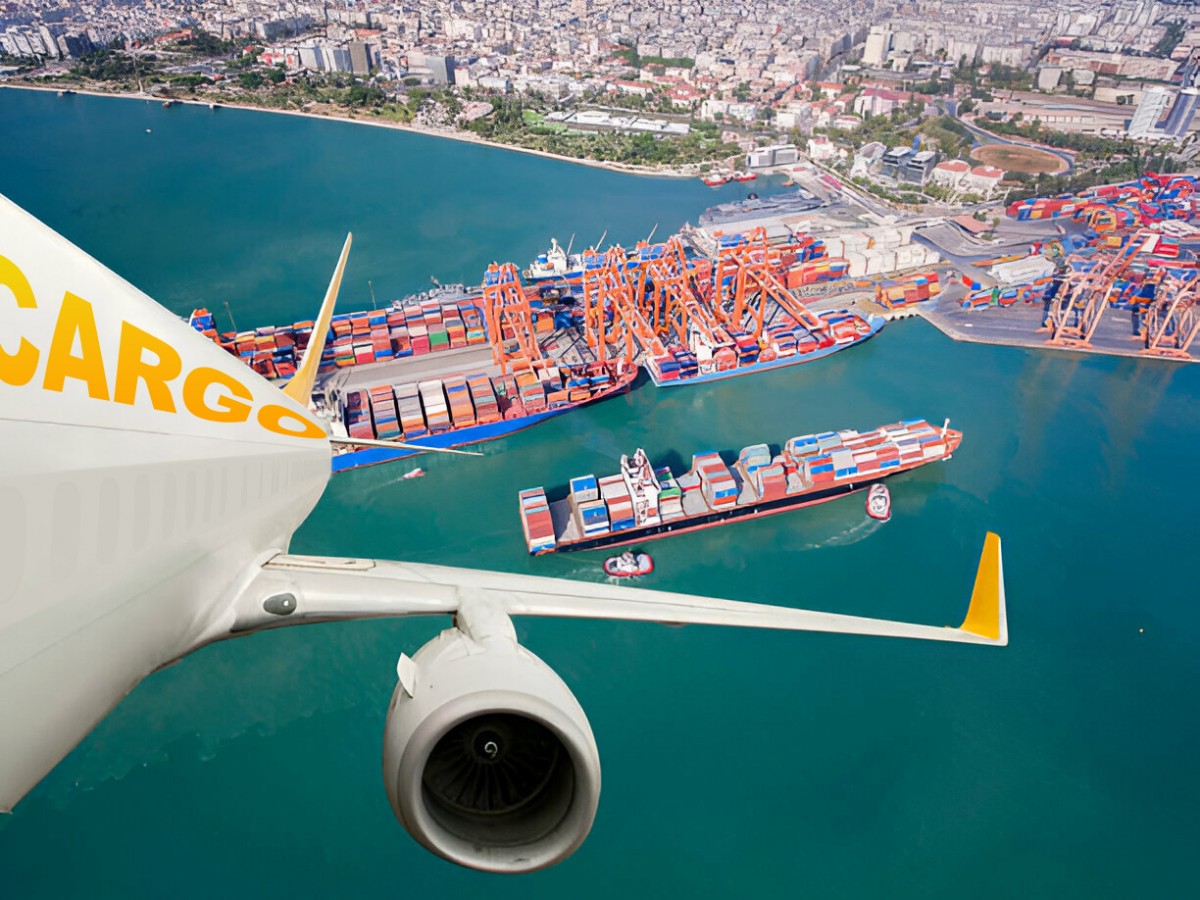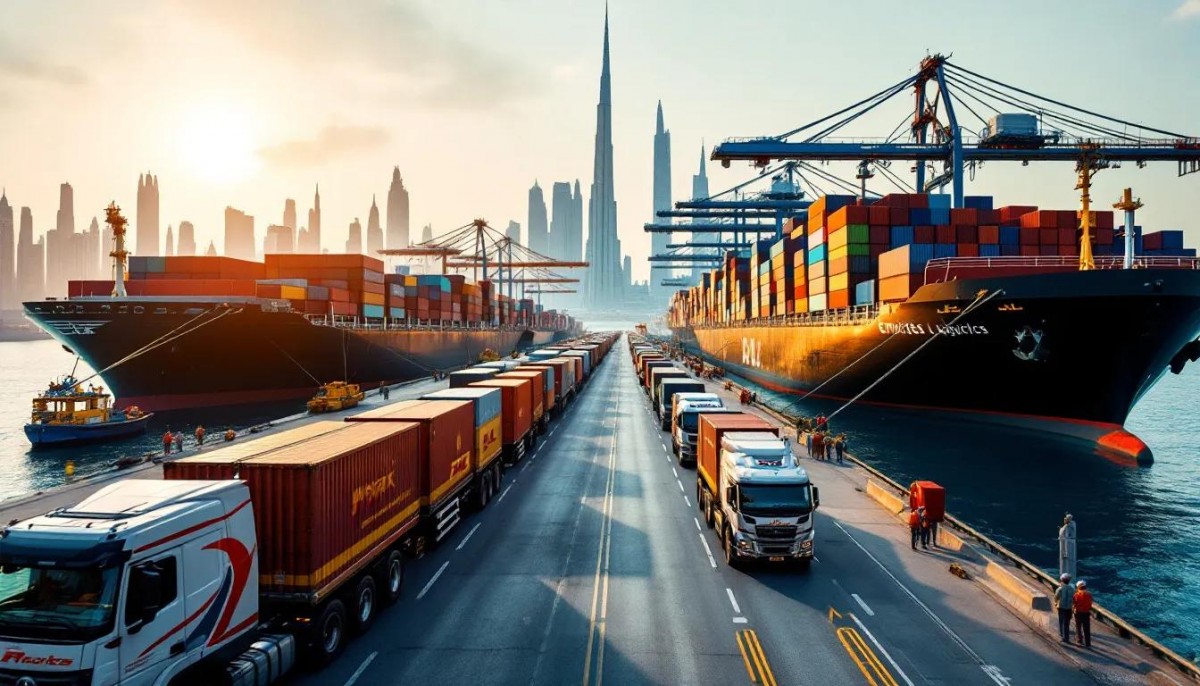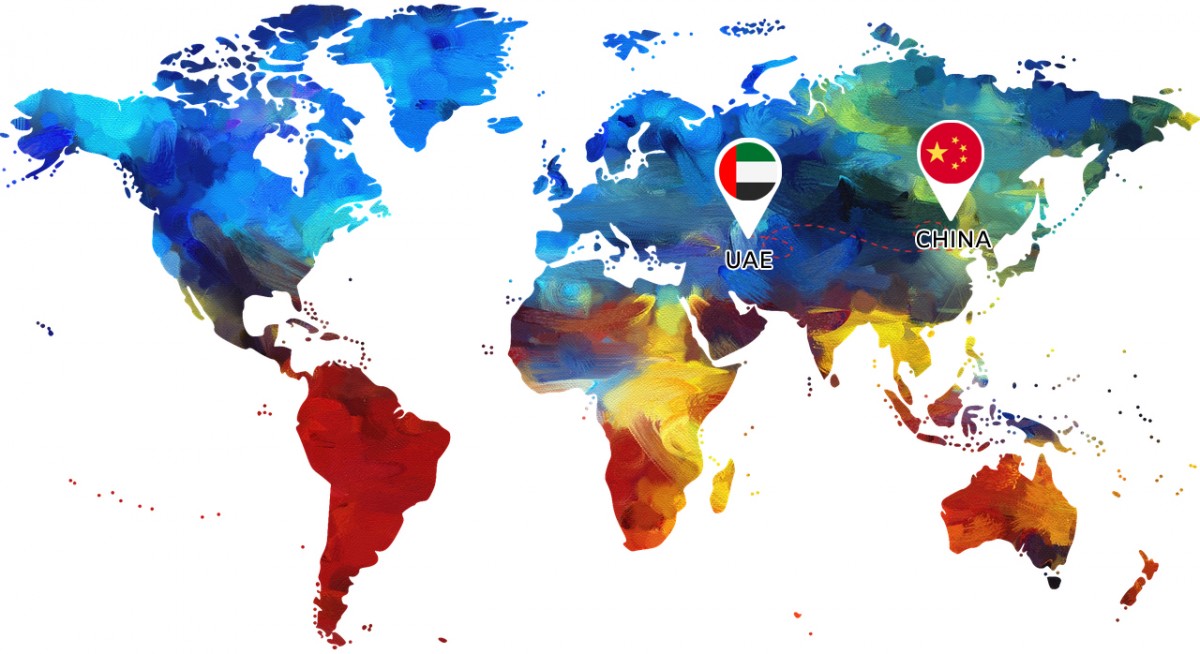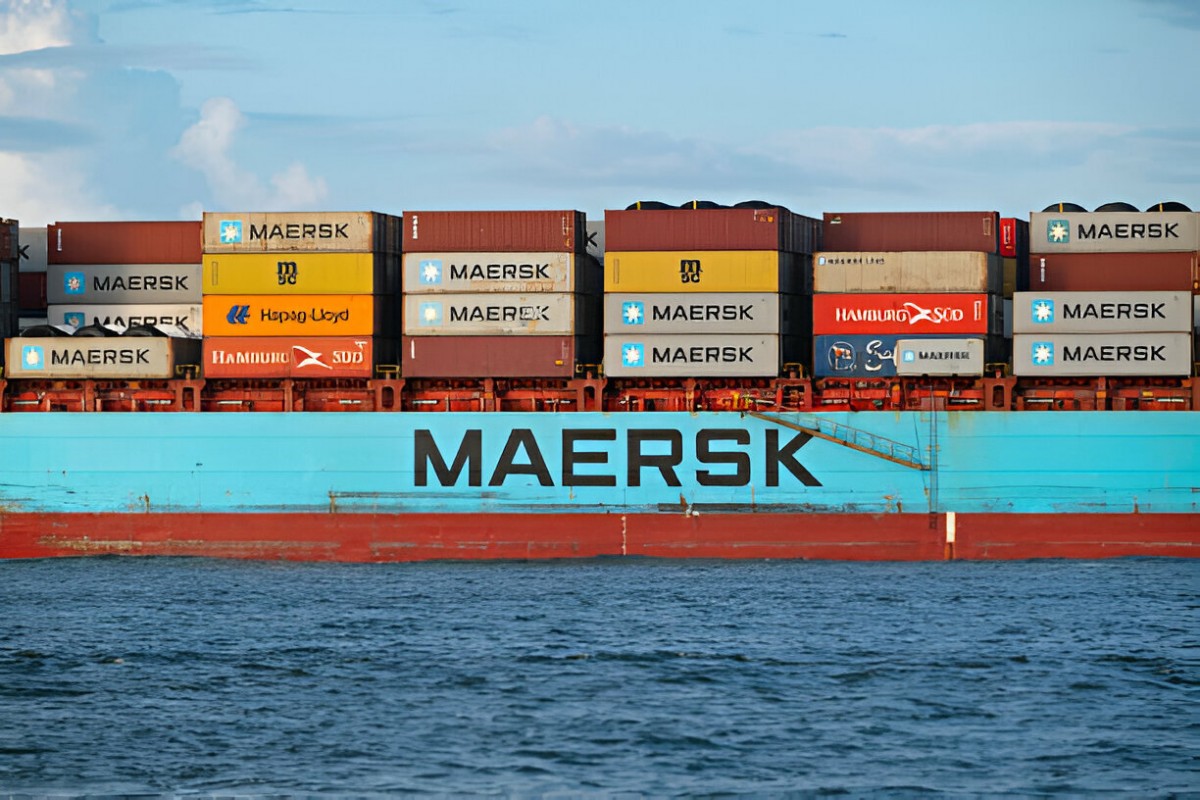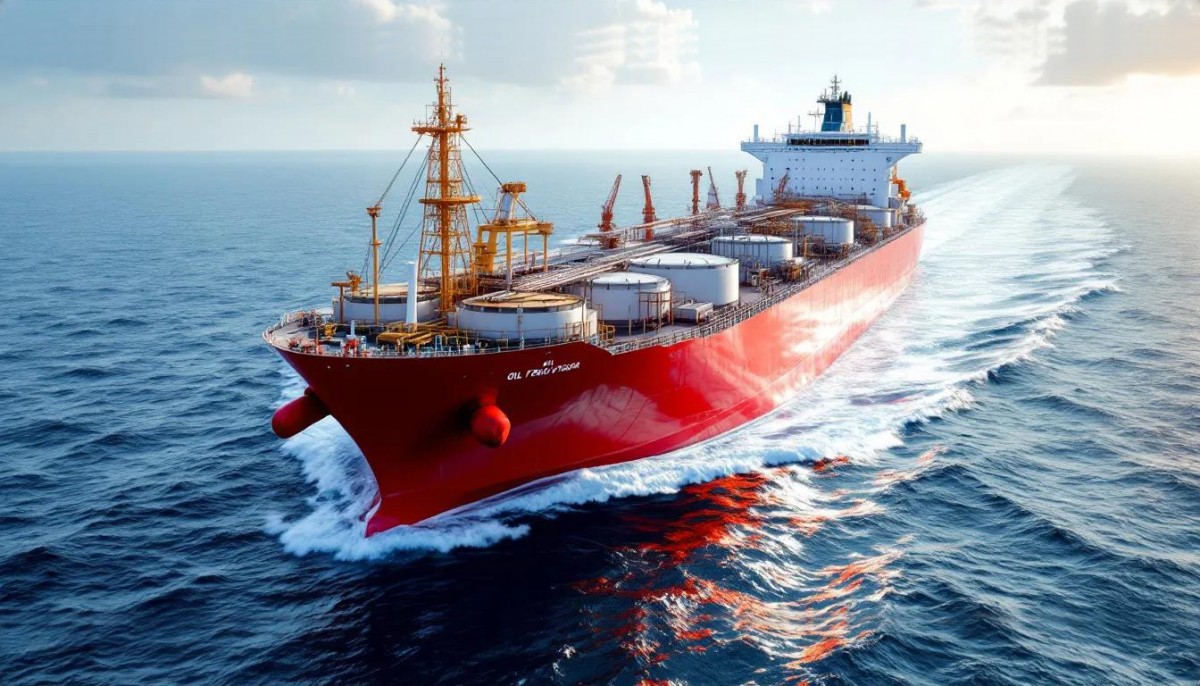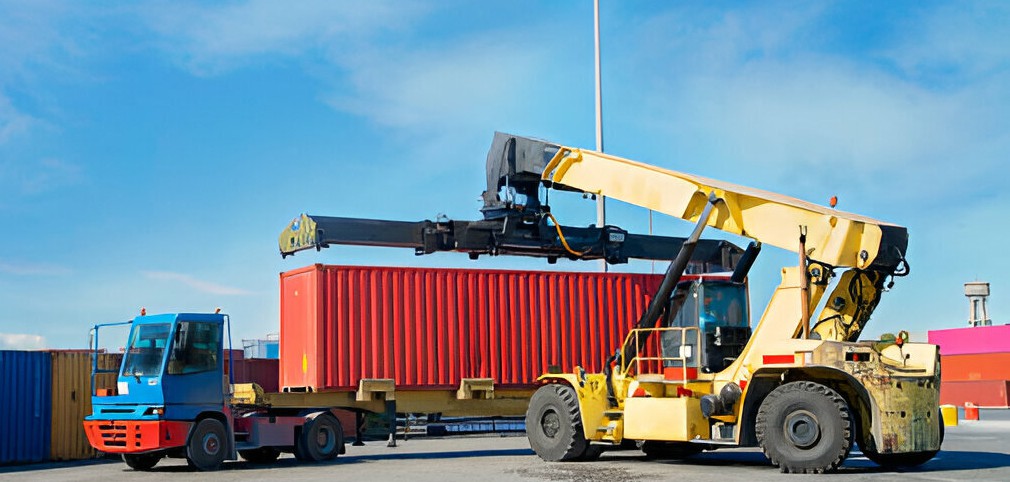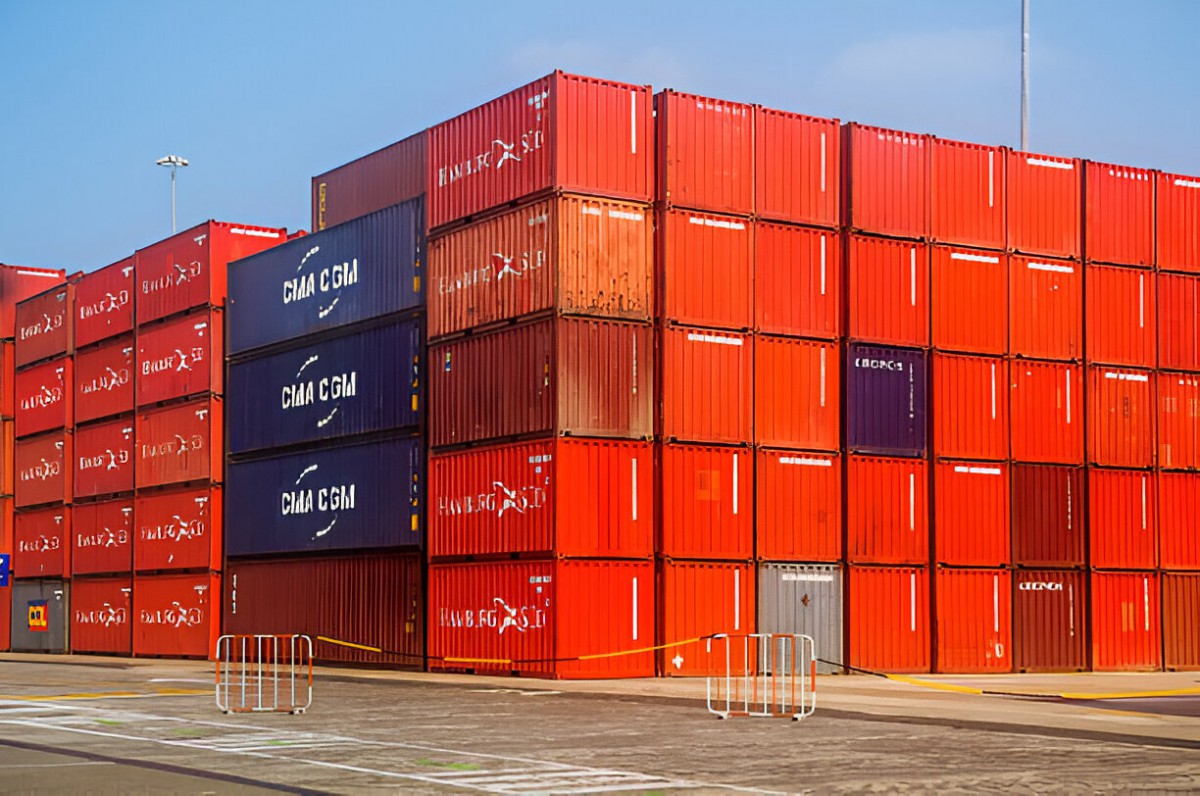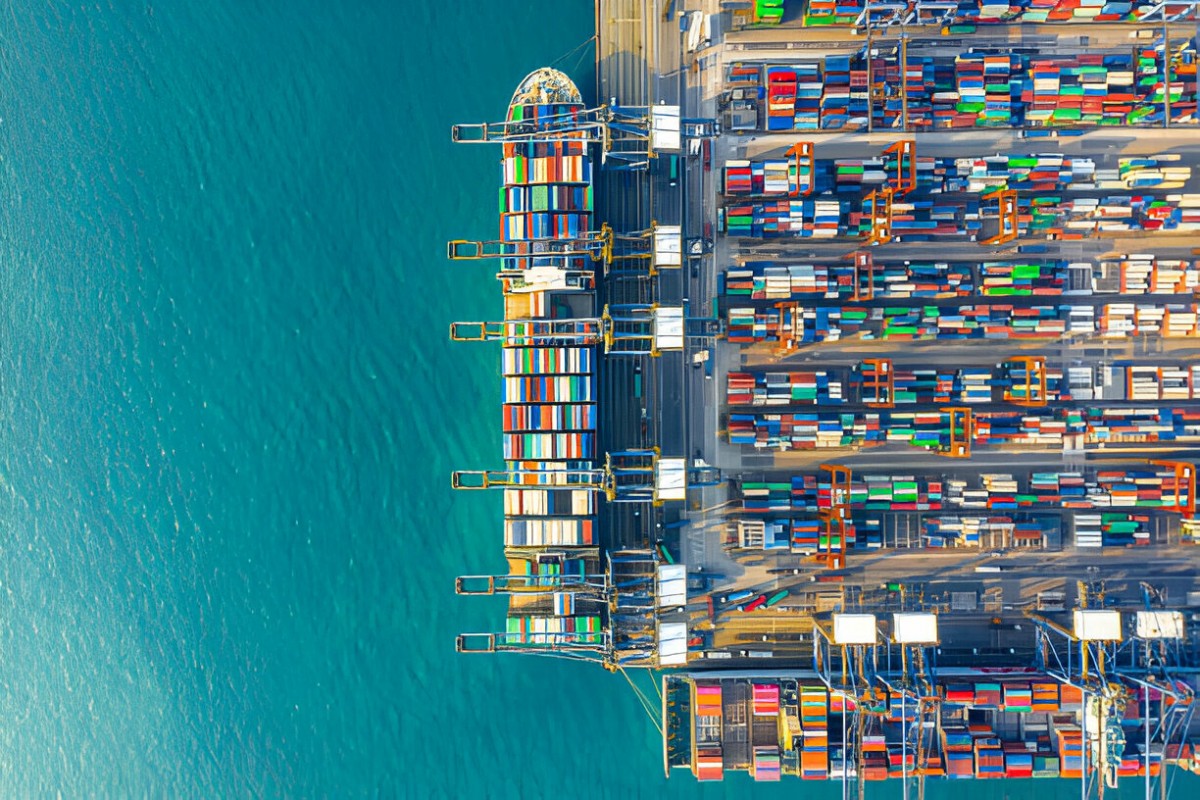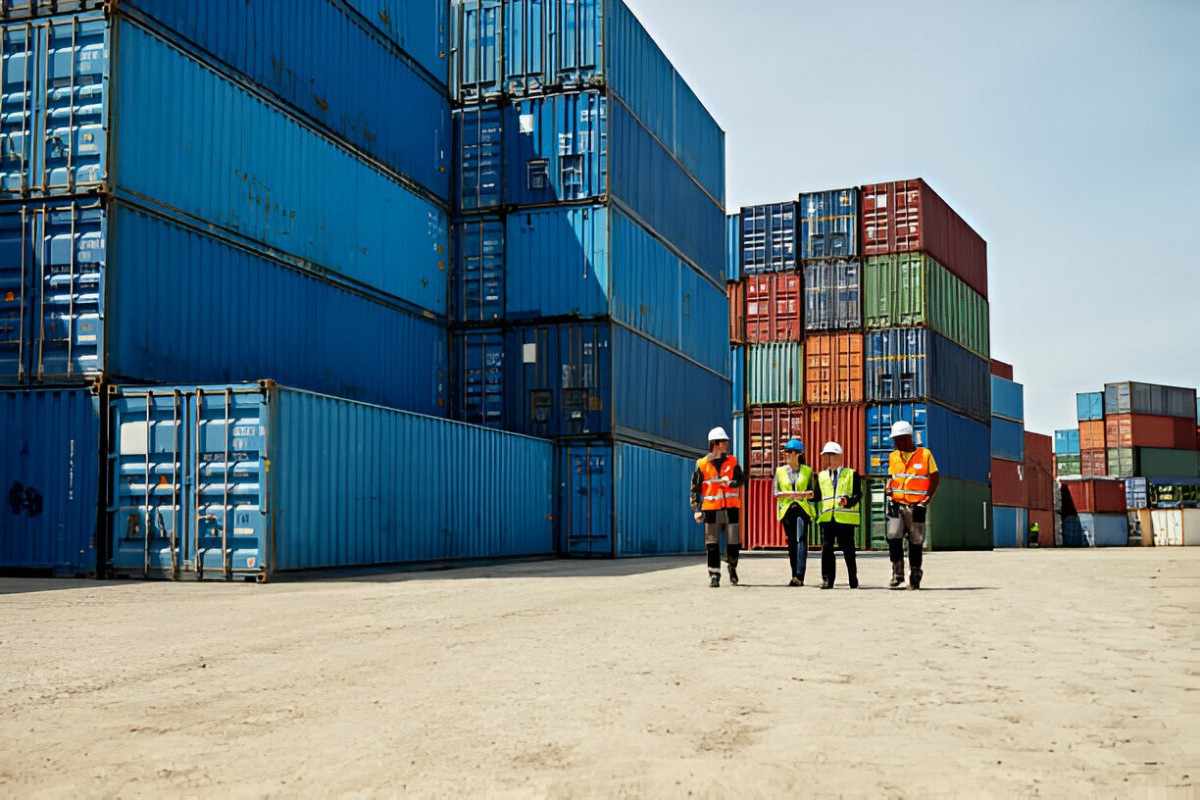What is Freight Forwarding?
At its core, freight forwarding refers to the logistics process involved in transporting goods from one location to another. Whether you're importing raw materials or exporting finished products, freight forwarders act as intermediaries to manage the complexity of global shipping. They coordinate between shipping companies, airlines, trucking firms, and customs authorities to ensure your goods are transported efficiently, safely, and legally.
In simple terms, freight forwarders handle the entire logistics process so businesses don’t have to navigate the complexities of international transportation independently.
Key Services Provided by Freight Forwarders
Freight Forwarding the Backbone of Global Trade
- Route and Transport Planning
Freight forwarders design the most efficient routes, taking into consideration factors such as cost, speed, and safety. They select the right mode of transport, whether by sea, air, road, or a combination of these, to meet the specific needs of the cargo.
- Documentation Handling
Navigating international trade involves a lot of paperwork, including bills of lading, commercial invoices, export licenses, and customs declarations. Freight forwarders handle these documents, ensuring compliance with all regulations.
- Customs Clearance
Clearing customs is often one of the trickiest parts of international shipping. Freight forwarders act as liaisons with customs authorities, handling the necessary documentation, duties, and taxes, ensuring that goods can move through borders without unnecessary delays.
- Cargo Insurance
To protect businesses against the risks of loss or damage during transit, freight forwarders offer cargo insurance. They ensure that appropriate coverage is in place, providing peace of mind for businesses moving high-value or sensitive goods.
- Warehousing and Storage
In many cases, freight forwarders provide short-term storage solutions or warehousing services. This helps businesses manage the logistics of shipping, especially when there are delays or when goods need to be consolidated.
- Freight Consolidation
For businesses that don’t have enough cargo to fill an entire shipping container, freight forwarders can consolidate goods from different companies to optimize space and reduce costs. This is particularly useful for small to mid-sized businesses that may not need to ship in bulk.
- Tracking and Monitoring
Freight forwarders offer real-time tracking solutions, allowing businesses to monitor the progress of their shipments and stay updated on any potential delays or issues. This level of transparency builds trust and enables better supply chain management.
The Freight Forwarding Process
- Export Haulage
The first stage of freight forwarding involves picking up goods from the manufacturer or supplier and transporting them to a warehouse or port. This is usually handled by road transport companies or local hauliers.
- Export Customs Clearance
Before goods can leave the country, they must be cleared by local customs authorities. Freight forwarders handle the necessary documentation and ensure that all regulations and export duties are complied with.
- Freight Transport
Once cleared, the goods are loaded onto the chosen mode of transport (air, sea, or road) for international shipping. Freight forwarders coordinate with shipping companies or airlines to ensure the cargo is transported as per the planned schedule.
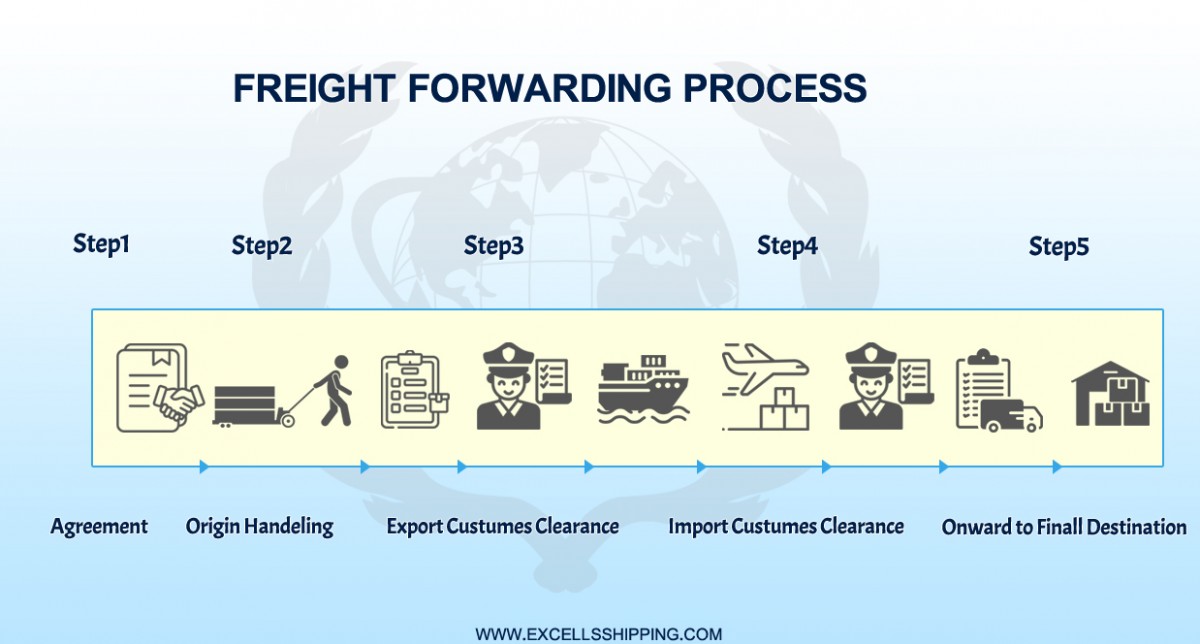
- Import Customs Clearance
Upon reaching the destination country, goods must go through customs clearance again. Freight forwarders handle the paperwork and coordinate with customs officials to ensure a smooth process.
- Destination Haulage
After customs clearance, the freight is delivered to the final destination, whether that’s a warehouse, distribution center, or directly to the customer.
Types of Freight Forwarding Services
- Air Freight
Ideal for high-value, time-sensitive goods, air freight is the fastest option. However, it is also the most expensive, making it suitable for smaller or urgent shipments.
- Sea Freight
Sea freight is the most economical way to transport large quantities of goods over long distances. It’s often used for bulk cargo or items that aren’t time-sensitive.
- Road Freight
For land-based transportation, road freight is commonly used for domestic or cross-border shipments within a continent. It’s an integral part of the supply chain, especially for short- to medium-distance deliveries.
- Rail Freight
While less common than other modes, rail freight is a cost-effective solution for transporting goods over land, particularly for bulk cargo and long-distance shipping across large landmasses like Europe, China, and Russia.
The Importance of Freight Forwarding in Global Trade
In today’s globalized economy, where supply chains span continents and rely on just-in-time delivery, freight forwarding is a vital service that keeps the gears of commerce turning.
The Challenges Freight Forwarders Face
Despite the crucial role freight forwarders play, the industry is not without its challenges:
- Regulatory Changes
Freight forwarders need to stay up-to-date with constantly changing international trade laws, tariffs, and customs regulations. Non-compliance can result in delays, fines, or even the confiscation of goods.
- Geopolitical Factors
Global events such as trade wars, sanctions, or political instability can impact shipping routes and costs, requiring freight forwarders to quickly adapt and find alternative solutions.
- Environmental Concerns
As environmental concerns grow, there is increasing pressure on the freight forwarding industry to adopt greener practices. This includes reducing carbon footprints by optimizing routes, using more sustainable fuels, or offering carbon offset solutions.
- Technological Advancements
The rapid development of technology is both an opportunity and a challenge for freight forwarders. While digital solutions improve efficiency, they also require significant investment in infrastructure and staff training.
The Future of Freight Forwarding
Moreover, as sustainability becomes a more pressing concern, freight forwarders will need to adopt more eco-friendly practices, which could include optimizing routes to reduce emissions or investing in green technologies.
Freight forwarding is the backbone of global trade, ensuring that goods move smoothly across international borders. From managing documentation to liaising with customs, freight forwarders play a pivotal role in ensuring that businesses can trade internationally with minimal hassle. As the industry evolves, embracing new technologies and addressing challenges, it will continue to be an indispensable part of the global supply chain.
For businesses looking to expand their reach and scale internationally, partnering with an experienced freight forwarder is essential to ensure seamless and efficient global logistics.

